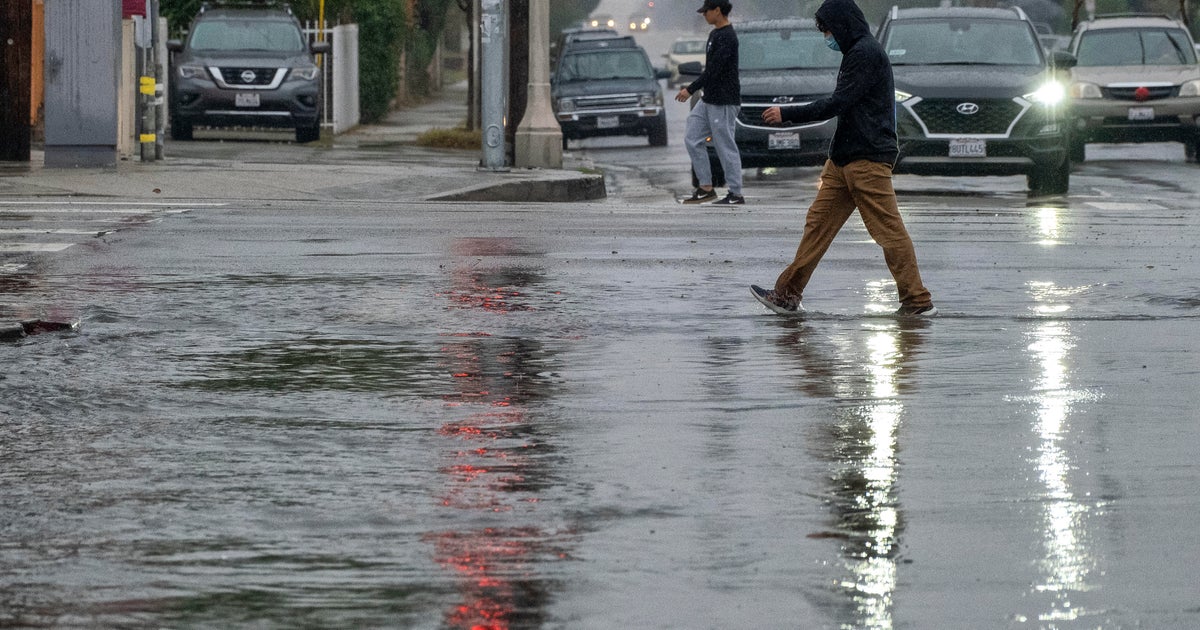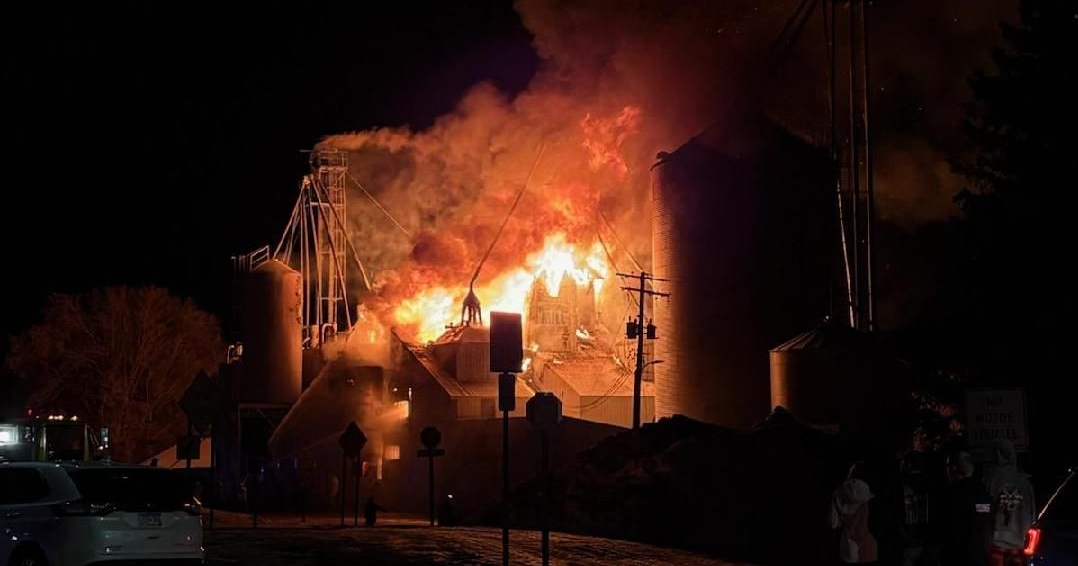Experts raise health concerns for Philly explosion aftermath
PHILADELPHIA (CBS) -- People who live in Port Richmond should stay away from the explosion debris, experts say. It probably contains toxic chemicals and they say everyone needs to know the warning signs for a potential gas leak.
It's not just a scene of destruction, debris from the explosion is a potential health danger.
"Those older homes still contain quite a few toxic chemicals like lead and asbestos," Dr. Marilyn Howarth, with the Center of Excellence in Environmental Toxicology Perelman School of Medicine, said.
Howarth says dangerous toxins from the explosion can spread through the air.
"The particulate, they don't stay in just that footprint of those buildings that exploded they actually travel around the neighborhood," Howarth said.
She says dust from the explosion can permeate nearby homes, which need to be cleaned because asbestos causes cancer and lead exposure is linked to brain damage.
"People should wet dust inside their homes and wet mop inside their homes if they live in that neighborhood," Howarth said.
Howarth says Philadelphia could be seeing a growing number of gas explosions because the pipes caring it are old deteriorating and leaking.
"Natural gas is very explosive," Howarth said. "If it stays in the pipes it's very safe on the other hand Philadelphia, in particular, is a city with extremely old pipes."
The main signs of a gas leak:
- the smell of rotten eggs
- a hissing or whistling sound near a gas line
- a white cloud, or bubbles in standing water.
Call PGW at 811 if you suspect a gas leak or police.
Howarth says beyond the explosion risks, leaking natural gas is a significant contributor to climate change. She hopes PGW can speed up the replacement of old pipes.
"At the current rate it will take 40 years before they change over all those old pipes," Howarth said. "I don't think that's fast enough."
PGW says it has 3,000 miles of old cast iron pipelines it's aiming to replace by 2051.
The agency has faced a number of complaints and lawsuits, one calling the system a ticking time bomb.







